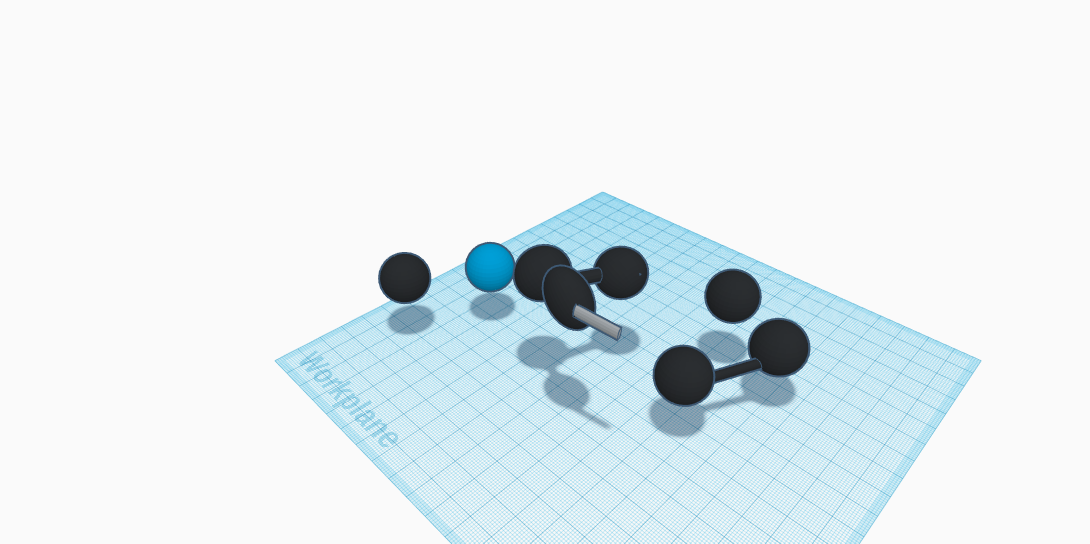
My molecule is Potassium benzoate. It is the potassium salt of benzoic acid, is typically used by food manufacturers as a chemical preservative. It's sometimes used in place of a related preservative -- sodium benzoate -- to reduce the food's sodium content. Potassium benzoate helps fight food spoilage, and it can contribute to food's flavor, but like any food additive, it can cause allergic reactions in some people. The chemical formula of potassium benzoate is C7H5KO2. Its color is white and it is a hygroscopic solid which means it holds water molecules from the surrounding environment. It’s density is 1.5 g/cm3. The melting point of my molecule is 300 degrees C or 572 degrees F in room temperature. It is soluble in water, ethanol, and methanol, but not in ether. Its mass is 159.993 g/ml. It has low acute toxicity oral and dermal exposure. The Food Commission, which campaigns for safer, healthier food in the UK, describes it as "mildly irritant to the skin, eyes and mucous membranes". Under certain circumstances, such as in the presence of ascorbic acid, benzoate salts can produce benzene in sodas. According to the U.S. Food and Drug Administration, it is "generally recognized as safe" and approved for use as a preservative and flavoring agent. Adding a small amount helps prevent the growth of mold, yeast and bacteria in foods. It's used to preserve carbonated soft drinks, cider, juices, jams, syrups and pickled foods. It also occurs naturally in different foods.
Contact us
Thank you for your interest in contacting Future Engineers. We look forward to connecting with you!
General Inquiries
support@futureengineers.orgSponsorship Inquiries
sponsor@futureengineers.org